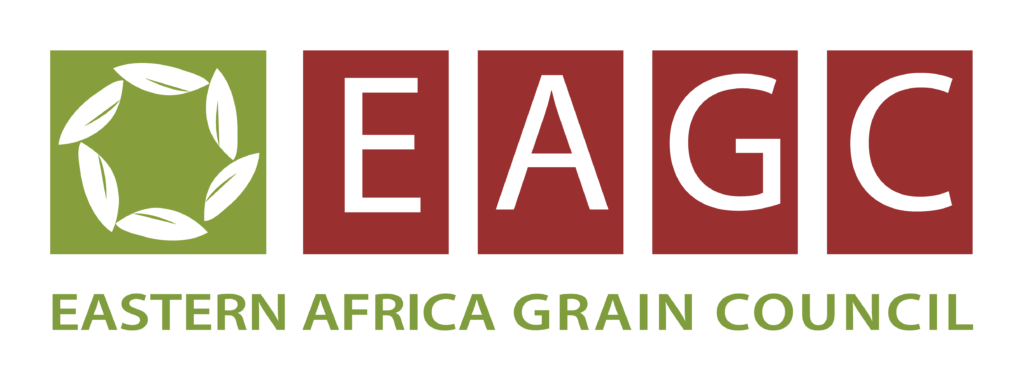EAGC participated in a workshop disseminating findings from an industry survey on food safety in Kenya dubbed Strengthening the Kenya National Food Fortification Programme. The survey, carried out by the Ministry of Health and KEBS in partnership with the Jomo Kenyatta University of Agriculture and Technology (JKUAT), was conducted on wheat and maize flour.
The study found that only 85.3 percent of millers in the country meet the Kenya Bureau Standards (KEBS) requirement for maximum permissible aflatoxin levels. Fifteen percent of maize millers in the country produce maize flour containing high level of aflatoxin.
The research also revealed that most maize and wheat millers in the country do not fortify their flour which is a mandate from the government. Of those surveyed, only 46.4 percent of maize millers and 84 percent of wheat flour millers comply with food fortification standards. Most large-scale maize millers -57.9 percent comply while for the small-scale millers, only 30.4 percent comply.
104 milling industries were surveyed in the country where 500 samples were collected and analyzed at National Public Health and JKUAT laboratories.
EAGC will intensify capacity building in the milling industry to boost compliance and intensify advocacy on the government on tax exemption for premixes to enable SMEs in the milling industry take up food fortification.

